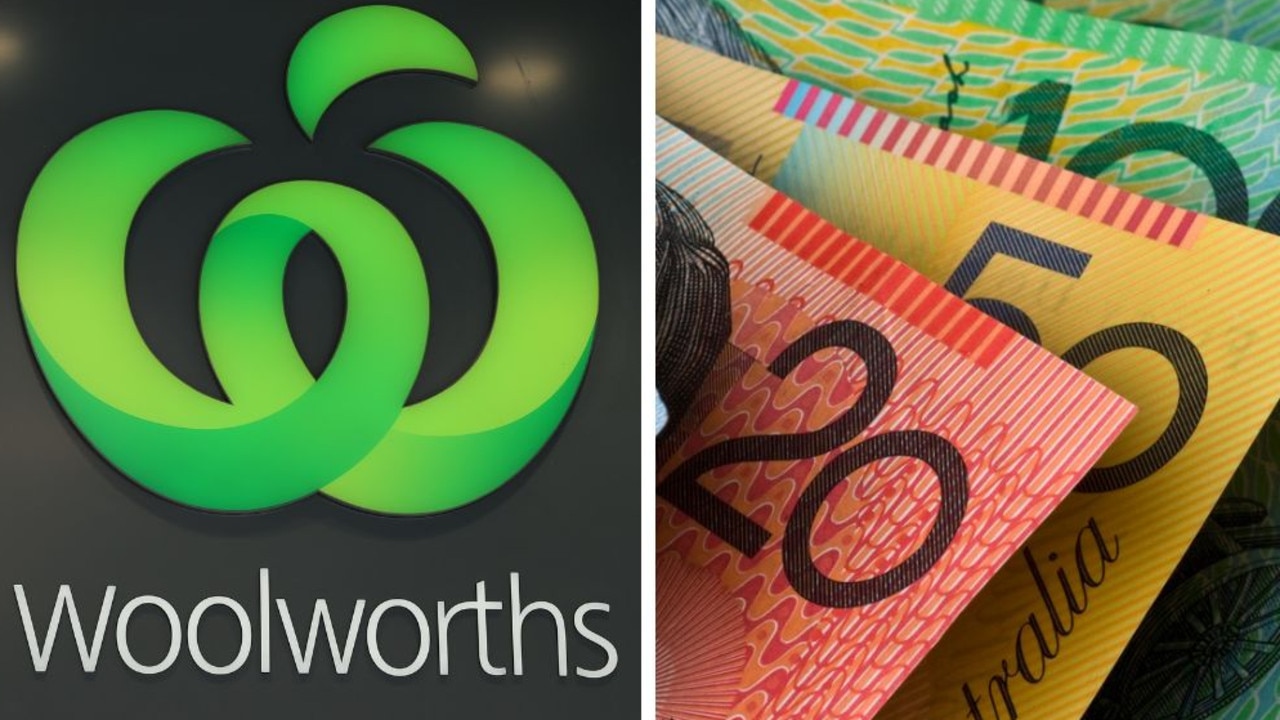‘Call Out Cashless Businesses’ group urges Australia to boycott major supermarkets on May 4

- by Admin
- May 3, 2024

Pro-cash advocates have organised a national boycott against Woolworths and Coles, claiming the supermarket giants are involved in a push to turn Australia cashless.
The boycott is spearheaded by the “Call Out Cashless Businesses” Facebook group, which has more than 55,000 members who are rallying against what they perceive as an inevitable transition to a 100 per cent digital economy.
The group is protesting recent changes by Woolworths and Coles regarding their cash-out policies – which has seen the maximum cash back withdrawal capped at $200 – and the increased implementation of card-only self-serve registers.
Cash advocates are urging Aussies to avoid shopping at Woolworths and Coles for the entire day on Saturday May 4 to send a message and also support local family businesses.
The movement’s instructions to give “NO transactions at all” to Woolworths and Coles, has been widely shared and discussed on social media.
Despite the backlash, both Woolworths and Coles maintain that they accept cash at all their locations and have no plans to eliminate cash transactions entirely.
Some supporters are advocating for a broader boycott that includes other major retailers such as Aldi, Big W, Kmart, Ikea, Harvey Norman, and Amazon, urging Aussies to exclusively support independent and small businesses.
Many social media users expressed support for the boycott, voicing concerns about the dominance of large retailers if smaller businesses are not supported.
“Small businesses are really struggling at the moment and what we should really be putting our money into. Otherwise they die out and the giants have even more power,” one user wrote.
“Cash is legal tender, and it’s illegal to refuse it’s use,” another said.
The specific legalities around cash can vary by context and region.
The Australian Competition and Consumer Commission’s website states that businesses can choose which payment types they accept, but it must be made clear to consumers before they make a purchase.
“It is legal for a business to specify the terms and conditions that they will supply goods and services. This includes whether they will accept cash payment,” the advice reads.
“However, consumers must be made aware of these terms and conditions before they make a purchase.
“Businesses should be clear about the types of payments they accept and the total price payable.”
The movement has been hardened by the news that Macquarie Bank customers will no longer be able to use cash at its branches.
The bank first announced in September last year that it would phase out cash and cheque services across all its banking and wealth management products from January to November 2024.
Macquarie is primarily an investment bank – which don’t use physical cash anyway. In recent years, it has expanded into more every day savings accounts and mortgages. But it has very few branches and has never been a major retail bank.
Following Macquarie’s announcement last year, the big four banks – who are used by far more people than Macquarie – rushed to reassure customers that they would maintain in-branch cash services.
However Commonwealth Bank, NAB and ANZ have stopped handling cash in a few branches, and banks’ efforts to make it more difficult for customers to transact in cash have sparked backlash.
Aussies to put money where their mouths are
Australians who are wary of life without cash have been told to literally put their money where their mouths are.
Some analysts have said Australia could become a “technically cashless” society – even if cash still circulates – in as little as two years, as people make their own choice to phase out the bills in their pocket for a “tap and go” lifestyle.
It is our love affair with convenience that has driven the rapid change. That, and the emergence of smartphones and equally cutting-edge developments in banking technology all played a role in the seismic shift away from cash about 15 years ago.
“We’ve never had a cashless society, so we don’t know what it looks like,” finance specialist Sarah Wells told news.com.au, explaining how quickly attitudes have changed over the past decade or so.
“All the changes we have seen have put us in a situation where we no longer need cash.”
The Latest News
-
December 22, 2024Tiger Woods’ son Charlie makes a hole-in-one in the final round of the PNC Championship – Australian Golf Digest
-
December 22, 2024Tennis’ love match: Meet ‘Aussie’ Matteo Arnaldi and his Melburnian girlfriend
-
December 22, 2024GEORGIE PARKER: McSweeney was McStiff to get axed
-
December 22, 2024Chris Eubanks picks the ATP player he considers a real dark horse to win the Australian Open
-
December 22, 2024Time for the Swedish chef: Ikea’s furniture profits are down in Australia, but food sales are booming



